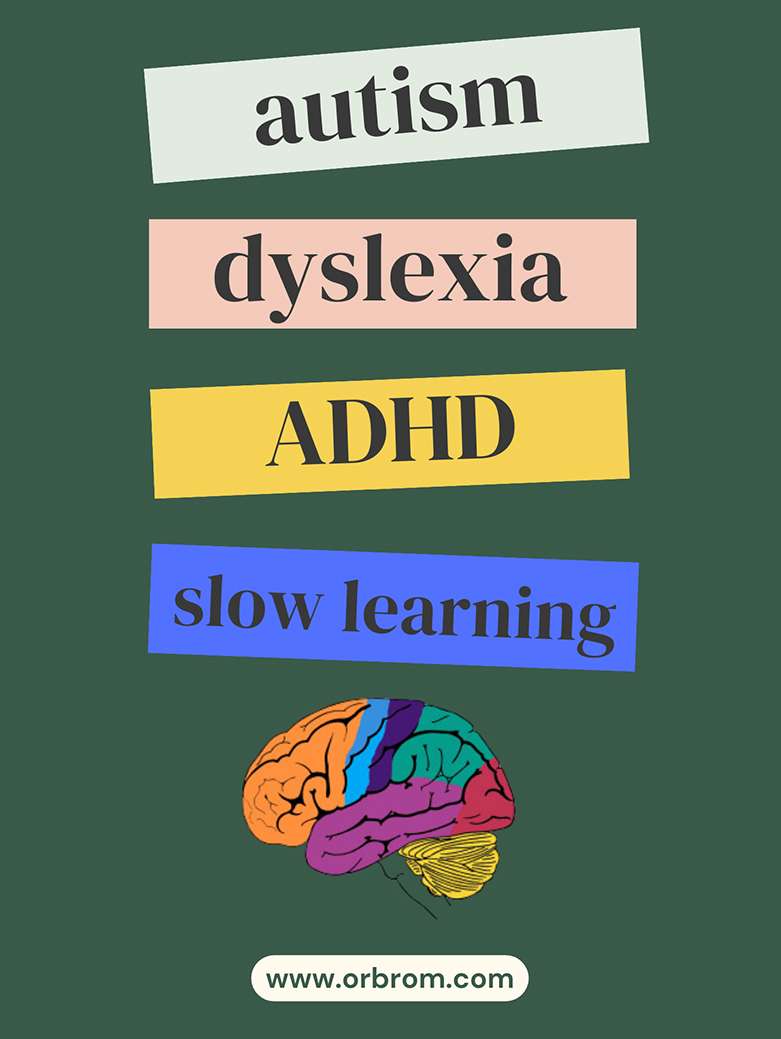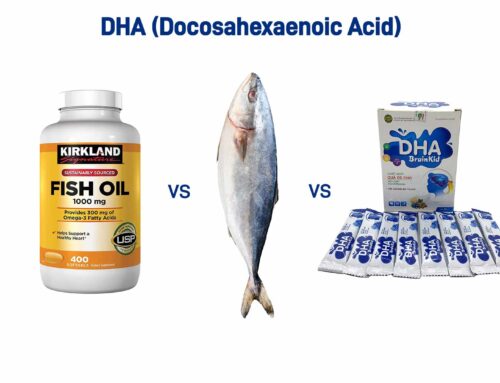Precise and insightful assessments are crucial for understanding individual needs and establishing effective support plans. Two instruments stand out for their comprehensiveness, reliability, and diverse applications: the Vineland-3 and the WRAT-5.
Vineland-3: Unveiling Adaptive Behavior
The Vineland Adaptive Behavior Scales, Third Edition (Vineland-3), is a widely used assessment tool designed to measure adaptive behavior across four domains: Communication, Daily Living Skills, Socialization, and Motor Skills.
- Comprehensiveness: The Vineland-3 provides a detailed picture of an individual’s abilities in essential life skills, helping identify areas of strength and weakness.
- Reliability: The instrument boasts strong reliability, ensuring consistency in results across different testers and administrations.
- Norm-referenced: Scores are compared to a standardized population of similar age and background, facilitating comparisons and identifying deviations from typical development.
- Multiple formats: Available in various formats, including parent/caregiver interviews and direct observations, catering to diverse testing needs.
- Diagnosing developmental disabilities: Assists in the diagnosis of intellectual disability, autism spectrum disorder, and other developmental delays.
- Developing educational and treatment plans: Provides valuable information for tailoring interventions to individual needs and monitoring progress.
- Evaluating intervention effectiveness: Tracks the impact of therapeutic programs and educational interventions over time.
WRAT-5: Assessing Academic Achievement
The Wide Range Achievement Test, Fifth Edition (WRAT-5), is a norm-referenced test designed to measure fundamental academic skills in reading, writing, mathematics, and sentence comprehension.
- Broad range: Covers a wide range of academic skills, allowing for a comprehensive assessment of achievement.
- Multiple age groups: Suitable for individuals from kindergarten through adulthood, making it ideal for longitudinal studies.
- Standardized administration: Clear and standardized administration procedures ensure consistent and reliable results.
- Multiple subtests: Offers various subtests within each domain, providing detailed information about specific strengths and weaknesses.
- Identifying learning disabilities: Assists in the identification of learning disabilities, such as dyslexia and dyscalculia.
- Monitoring academic progress: Tracks individual progress over time and informs instructional decisions.
- Evaluating educational interventions: Measures the effectiveness of educational programs and interventions aimed at improving academic skills.
Choosing the Right Assessment Tool
The choice between Vineland-3 and WRAT-5 depends on the specific goals of the assessment. Vineland-3 is best suited for evaluating adaptive behavior and identifying developmental delays, while WRAT-5 focuses on measuring academic achievement and identifying learning difficulties.
Where OrbRom Comes In:
At OrbRom, our team of experienced professionals utilizes both Vineland-3 and WRAT-5, along with other comprehensive assessment tools, to provide a holistic understanding of each child’s unique needs. We offer personalized assessments, tailored interventions, and ongoing support to help children achieve their full potential. Contact OrbRom today to learn more about our services and how we can support your child’s growth and development.
Services for Autism, ADHD, Dyslexia, Spelling Difficulty, social and slow learning, Down Syndrome, and Selective Mutism. OrbRom is the best option in Phnom Penh.
If you are concerned about your child’s development, Contact OrbRom Center for Assessments.
Phone/Telegram: 077.455.993
Telegram Link: https://t.me/OrbRom







